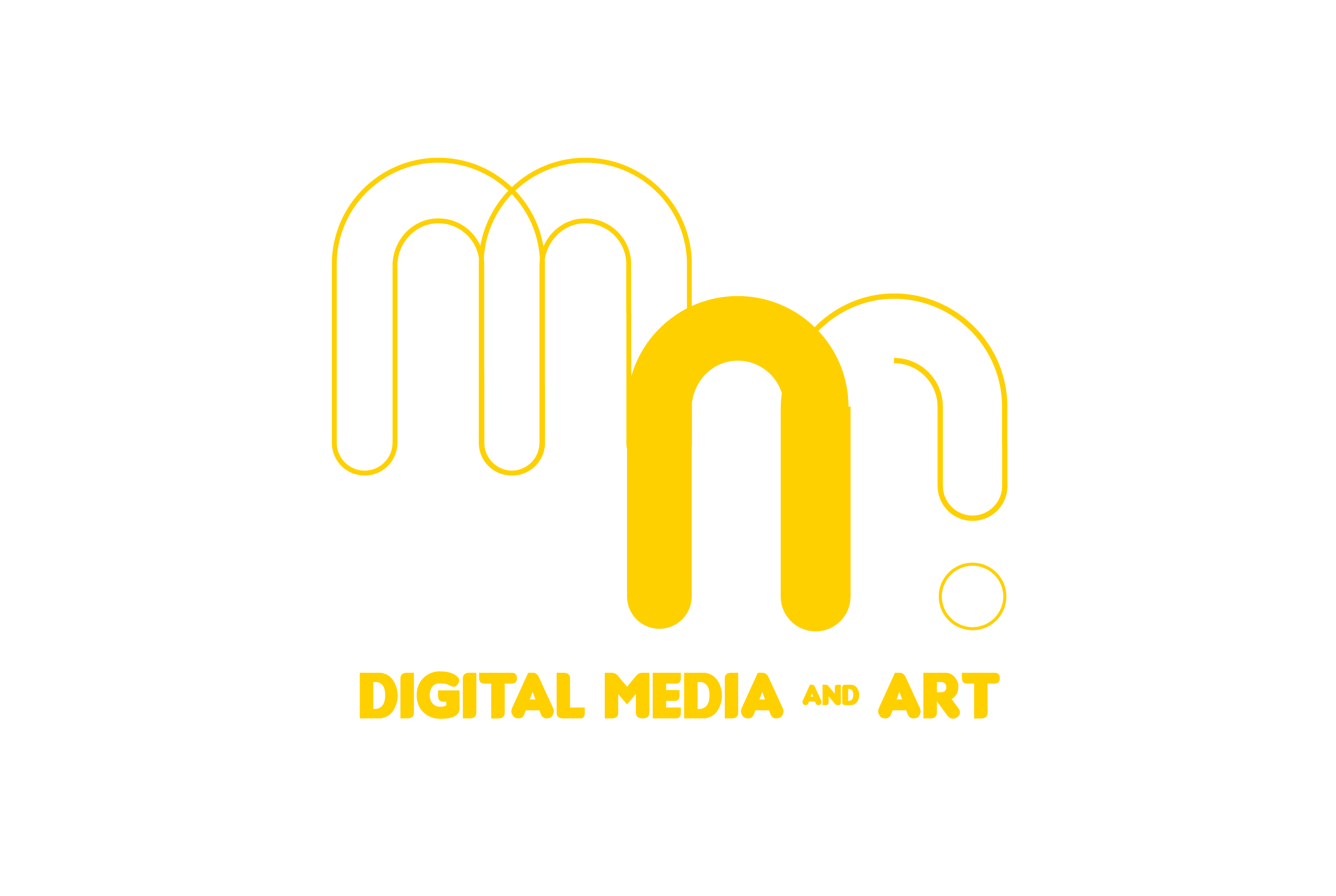By Miguel Madrigal
Artificial intelligence continues to exert a transformative influence on various facets of our lives, with the social media landscape standing out as a prime arena of its profound impact. AI is weaving itself into the very fabric of our online interactions, reshaping how we connect and engage with digital platforms.
Tools in Social Media
In this digital age, where an overwhelming torrent of data flows into our social media platforms daily, AI has assumed a pivotal role in managing this data deluge. AI-driven tools have become integral to enhancing the functionalities of social media platforms. They support a plethora of use cases, spanning text and visual content creation, social media monitoring, ad management, influencer research, and brand awareness campaigns, among others. Text and Visual Content Generation Generative AI has been at the forefront of exciting developments in recent years, fostering the creation of diverse content forms, including images, videos, music, and text.
A standout tool in this regard is "Lately," a content generation AI that learns from past social media posts to craft highly effective content for scaling campaigns. Additionally, "ChatGPT" by OpenAI has emerged as a game-changing chatbot, capable of understanding natural language and providing human-like responses in conversations. AI-powered visual content creation tools are also gaining mainstream traction. Text-to-image AI models like "DALL-E," "Midjourney," and "Stable Diffusion" are revolutionizing how visual content is produced. These models employ machine learning algorithms to transform textual descriptions into images or generate innovative renditions of existing visuals. While some creatives embrace AI text-to-image generators as a tool for streamlining digital art creation, it sparks debates regarding AI's role in visual art and concerns about style appropriation.
A noteworthy trend in generative AI worth highlighting is "Lensa AI," which, with its "magic avatars" feature, has recently gone viral. Utilizing the Stable Diffusion model, Lensa generates realistic images based on text inputs and creates stylized avatars that harmonize with embedded images. Tools like Lensa and other generative AI models are making waves in social media, offering the potential to produce captivating content across diverse categories.
Influencer Marketing
Identifying the right influencers is a pivotal factor for the success of influencer marketing campaigns, elevating brand visibility. Selecting the most suitable influencer for a given campaign is often a daunting challenge for marketers, involving an intricate evaluation of factors such as audience demographics and engagement levels. AI offers in-depth insights into influencers, using Natural Language Processing (NLP) to predict how well an influencer aligns with campaign objectives. It aids brands in selecting the most relevant social media influencers by analyzing data. AI's applications in influencer marketing extend to assessing campaign return on investment (ROI), identifying fraudulent influencers, and optimizing content for each campaign.
Social Media Ad Management
AI brings a slew of benefits to social media ad management and optimization. AI-powered tools can sift through vast numbers of ad targeting and budget variations, segment audiences, create ad creatives, run tests, and improve ad performance in real-time. Marketers can optimize ads for clicks and conversions, harnessing AI's ability to predict effective language and content based on user search behavior. Logo Detection for Monitoring Brand Campaigns AI is revolutionizing visual search with computer vision technologies. Companies employ logo detection to scrutinize images containing their brand's products on social media. AI-powered logo detection systems also enable brands to track logo appearances across social networks. Given the increasing preference for visual content on social media platforms, analyzing brand images and video usage, obtaining insights about brand mentions on social media, and monitoring the presence of brand logos have become essential.
Challenges and Limitations
While AI has enriched social media user experiences, it grapples with several limitations. Algorithmic bias, which can lead to unjust treatment of specific groups, stands as a significant concern. The rapid pace of technological advancement has outstripped the development of regulatory frameworks and ethical guidelines, leaving AI developers and social media companies to grapple with complex ethical and legal issues. There's also growing apprehension regarding AI's impact on future social media jobs, as automation threatens to reshape the nature of work. Addressing these challenges necessitates proactive initiatives, including the creation of training programs and support for affected workers, alongside policies that ensure the equitable distribution of AI's benefits in society.
AI and social media have become indispensable allies, enhancing marketing operations and user experiences. From content creation and customization to influencer marketing and ad monitoring, artificial intelligence empowers brands to derive greater value and engagement from their social media endeavors. As AI continues to evolve, it promises to play an increasingly vital role in the realm of social media marketing, offering more innovative and sophisticated tools to enhance the social media experience.
